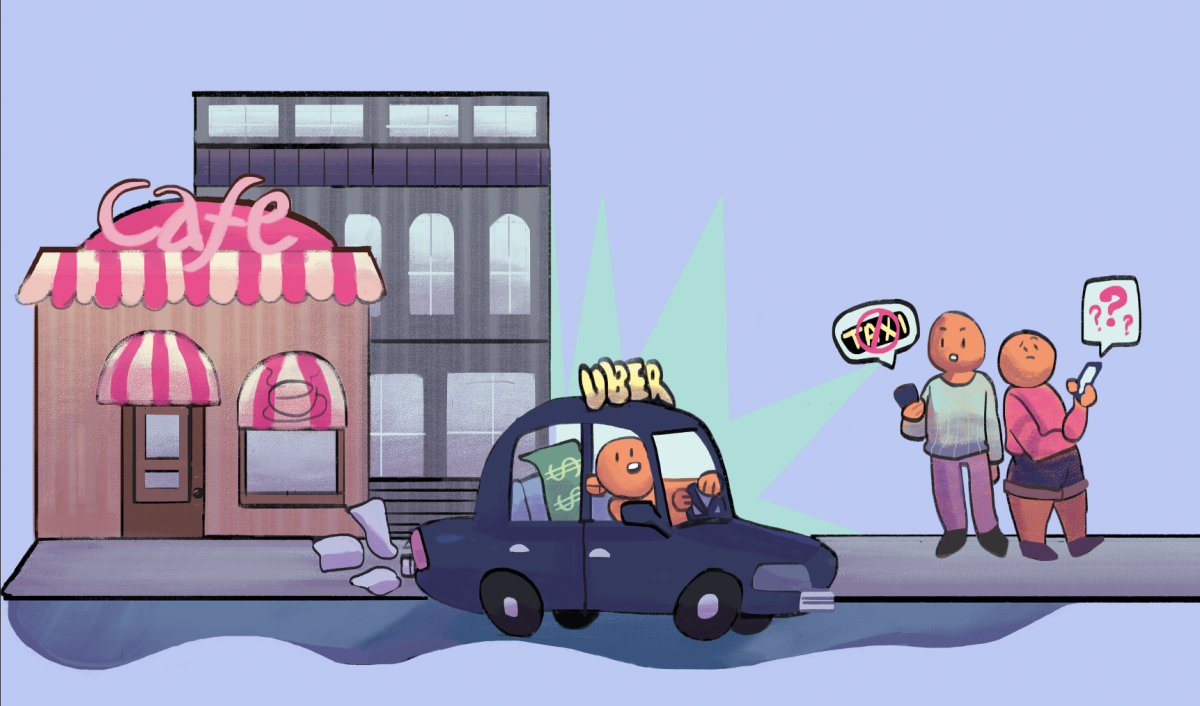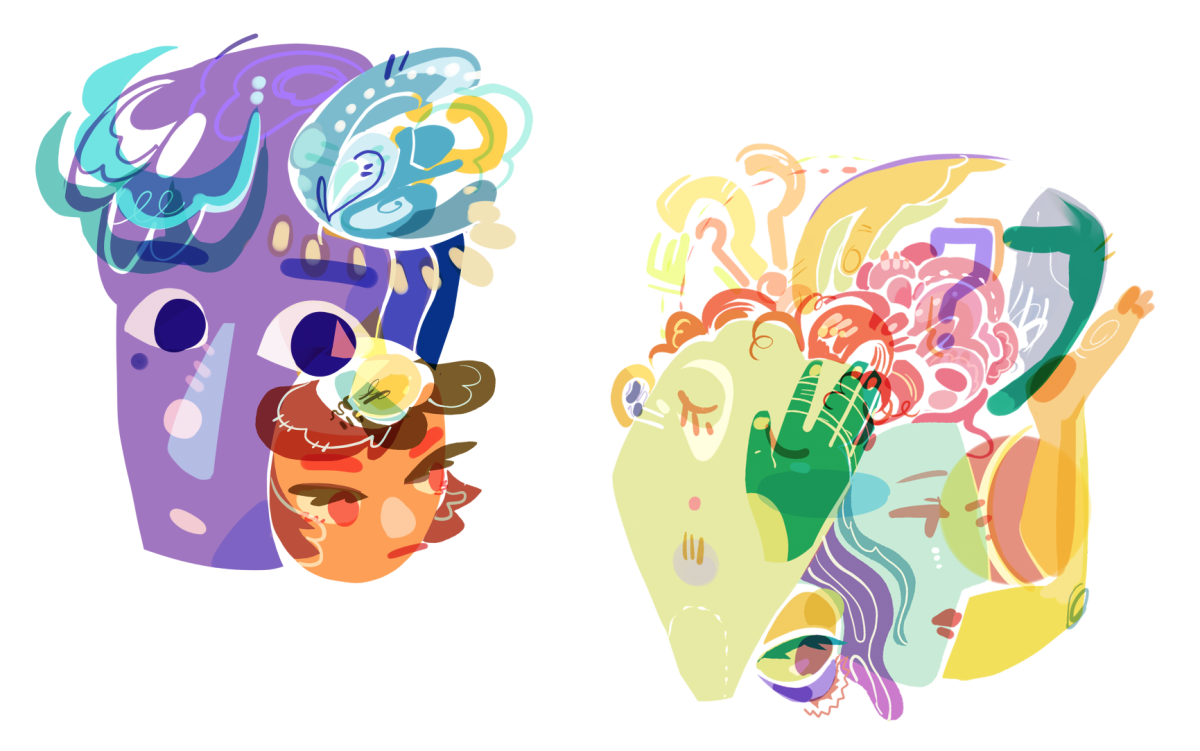Accessibility is a quintessential component for quality of life.
Last year, I recall listening to a provocative conference keynote address by Patricia Moore on the humanity of design in its present state. Sitting in Booth’s Webb Auditorium, the crowd of students was eagerly poked and prodded by her piercing words as Moore shed light on the current weaknesses of the industry — areas of opportunity for us all in the crowd.
Our chairs creaked beneath us like the joints of the elderly for whom design had failed to actively acknowledge. As people age, she explained that there are fewer products available to help them maintain their quality of life. As such, a decent and independent lifestyle is not so accessible to the elderly demographic, contributing to the fast paced deterioration that accompanies any unaccommodating surrounding.
We spend our college years sifting through viscous layers of academia. Some find themselves listlessly following suit to pre-existing directives. People lose sight of that which may not impact them under the mistaken notion that there may be no more room for improvement, no conceivable alternative. Moore made the argument that, in our society, the elderly are neglected by the focus of the industry, which leaves them to fend for themselves in a world that’s not quite designed for them. They are just one example of a demographic that lacks representation among the decision-makers and moguls contorting the industry to what has been deemed important.
Our future selves hold our present selves accountable. Whether we’re talking about design and engineering or any sort of political reform, there is work to be done. Last year, some very specific deficiencies of the current world were made salient to us students, making us less naive for having listened in that auditorium.
We walked away with increasingly nuanced mindsets and young ambitions, more mindful of the circumstances and accommodations of others. We walked away excited about the changes we could incite by making a good livelihood more universally accessible.






